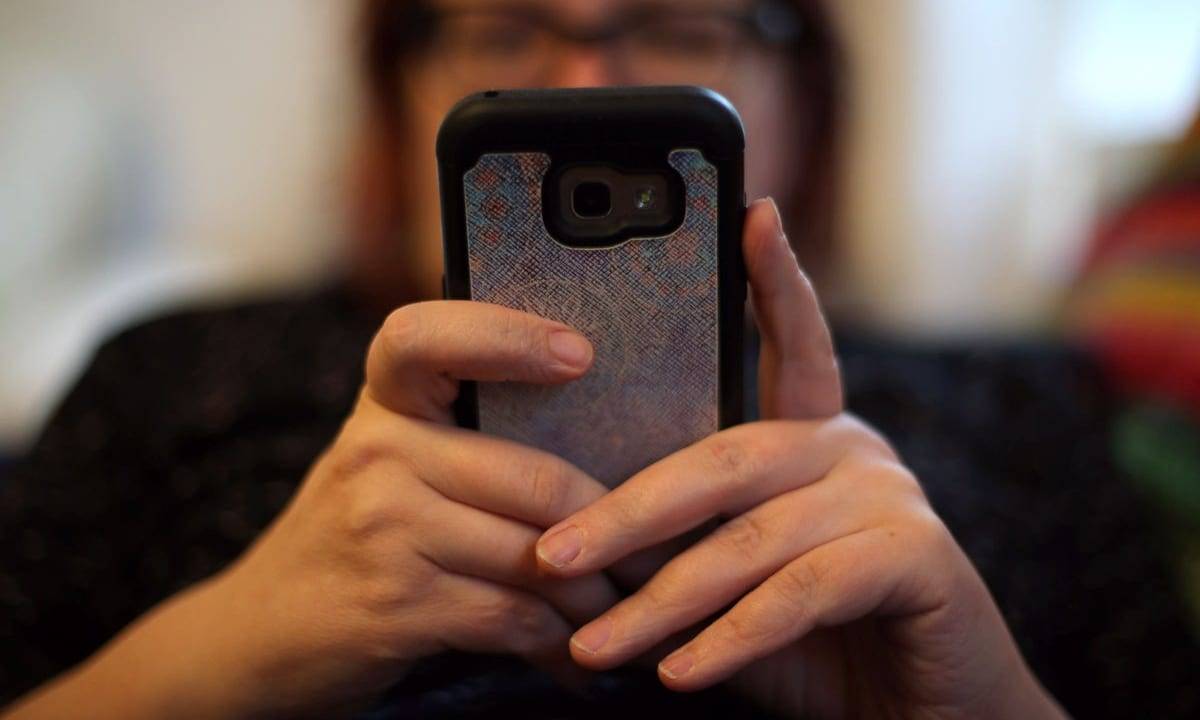Smart Devices Collecting Excessive Personal Data, Study Warns
A recent study by consumer group Which? has raised concerns about popular smart devices gathering more personal data than necessary. From TVs to air fryers and smartwatches, many smart products are reportedly making “excessive” data requests. The findings suggest potential privacy risks for consumers and call for stronger data collection guidelines.
Study Reveals Privacy Risks in Smart Devices
Which? conducted tests on various smart devices, giving each a privacy score based on data access requests. The results show that many devices ask for information unrelated to their core functions, potentially for sharing with third parties. According to Harry Rose from Which?, “Smart tech manufacturers collect consumer data with reckless abandon, often without transparency.”
Air Fryers and Smartwatches Raise Red Flags
The study revealed that all three tested air fryers requested user location data and permission to record audio, with no explanation. One model from Xiaomi even linked to third-party trackers, including Facebook and a network tied to TikTok. Xiaomi’s air fryer and another model from Aigostar also sent data to servers in China, flagged in their privacy notices.
In addition, the Huawei Ultimate smartwatch required “risky” permissions, including precise location, stored file access, and audio recording. Huawei stated that these permissions are essential for functionality and clarified that data is not used for marketing. Huawei emphasized its commitment to user privacy, allowing users full control over permissions.
Smart TVs Among Devices Requesting Excessive Data
Smart TVs from Hisense, LG, and Samsung also made concerning requests. Some TVs asked for user location details to enhance regional content. While Huawei and Xiaomi have defended their practices, LG declined to comment, and Aigostar and Bose did not respond.
Push for Stronger Data Protection Standards
The Information Commissioner’s Office (ICO) is set to release new guidelines on data privacy for smart devices in spring 2025. Which? is calling for these rules to be backed by strict enforcement to ensure consumers’ data is protected.
Consumer Takeaway: Check Privacy Settings
As smart devices become more common, Which? advises consumers to review their devices’ privacy settings and disable unnecessary permissions. This study highlights the need for awareness and careful evaluation of data practices by both consumers and manufacturers.











